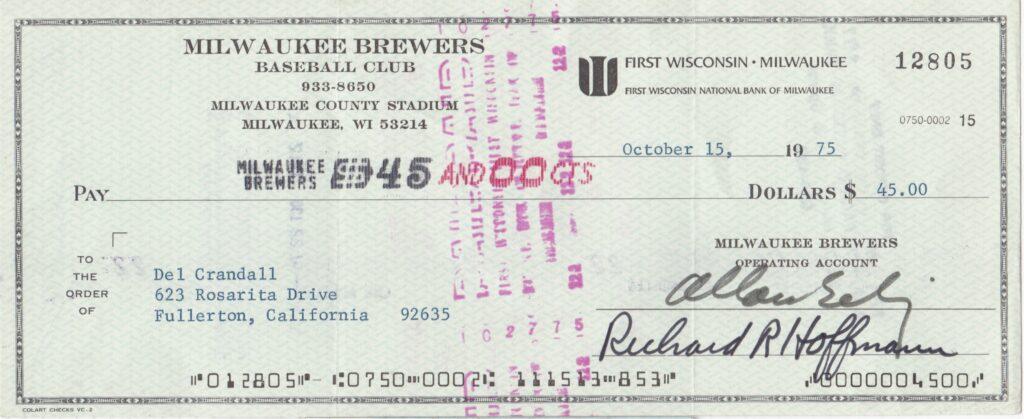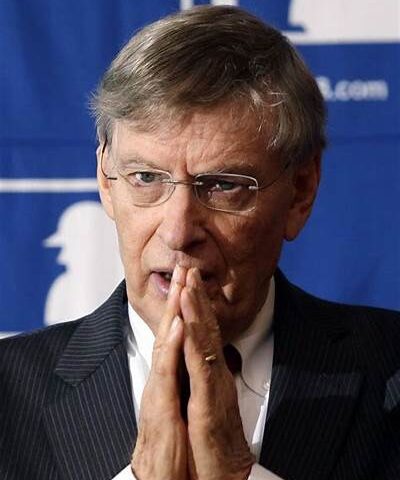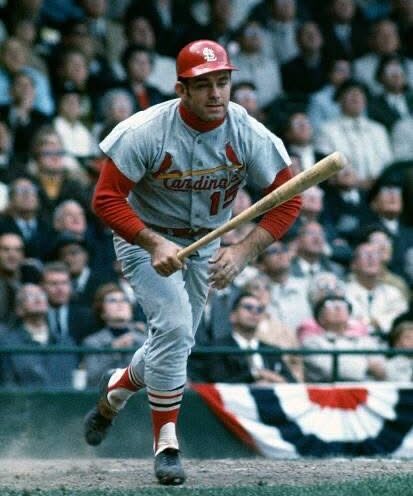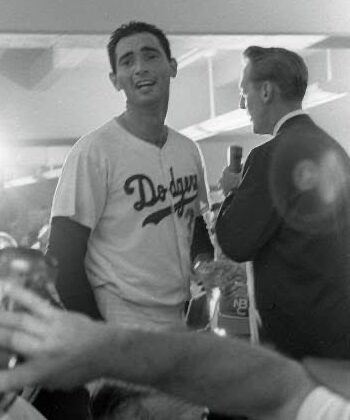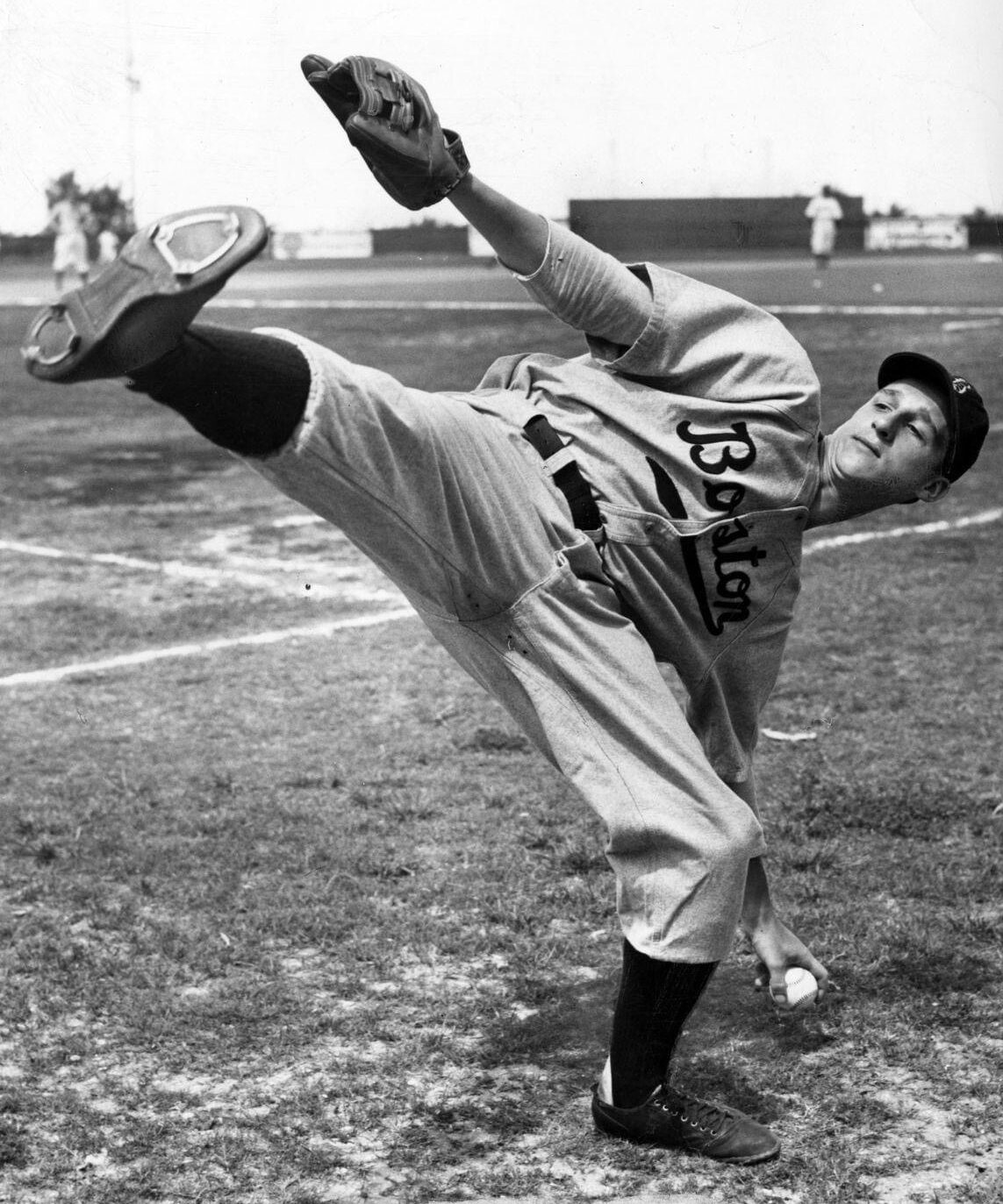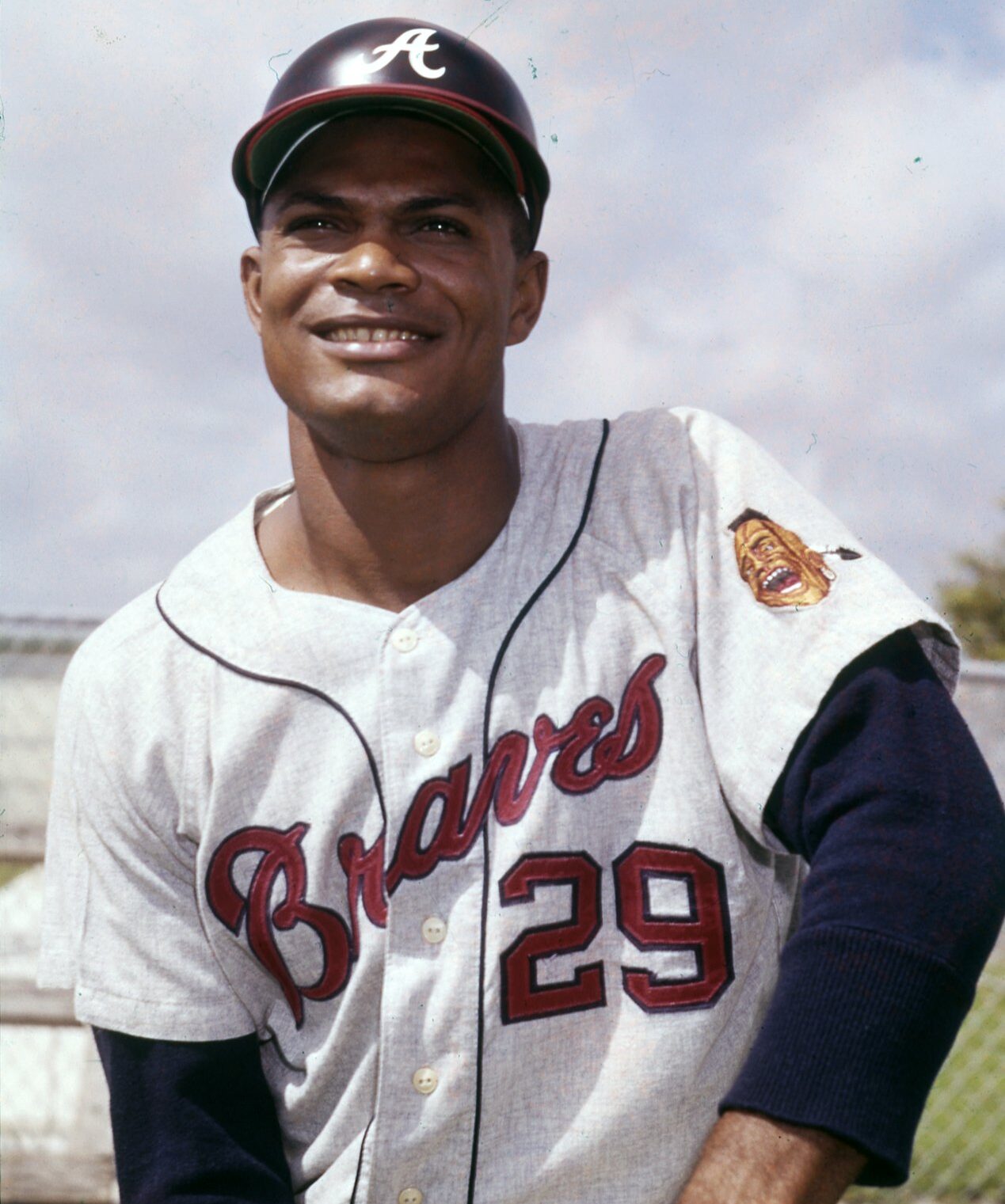Bob Uecker
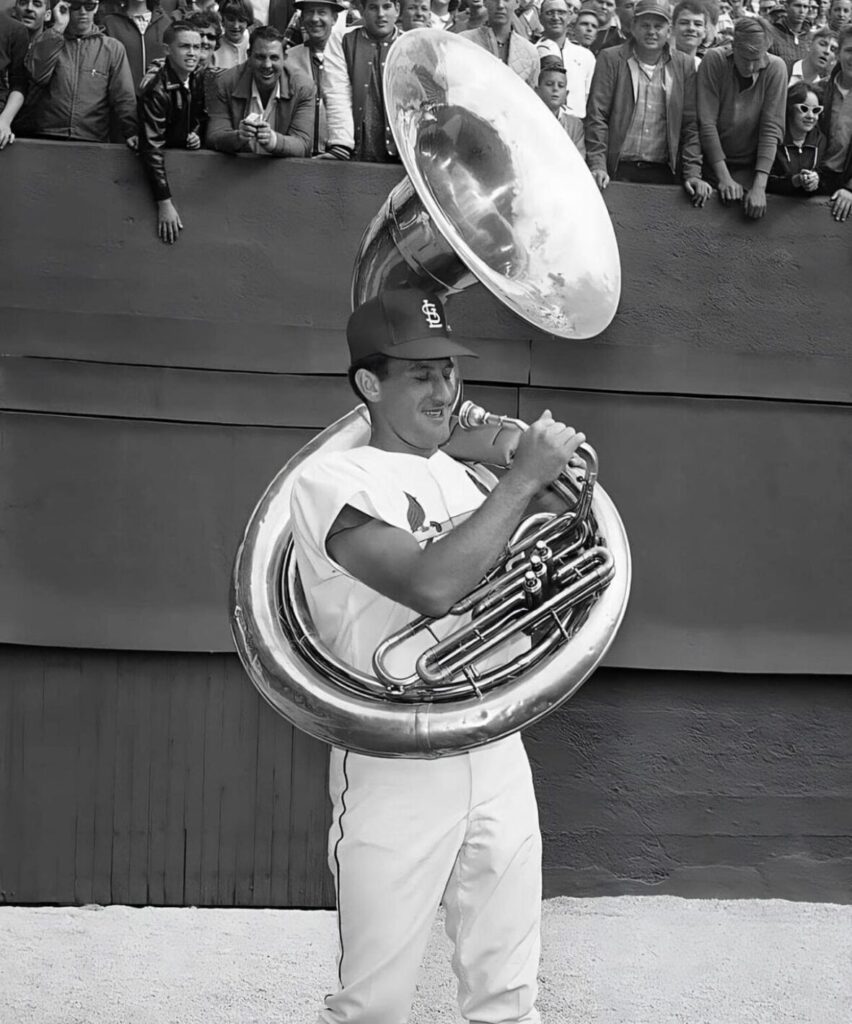
| Birthdate | 1/26/1934 |
| Death Date | 1/16/2024 |
| Debut Year | 1964 |
| Year of Induction | |
| Teams | Braves, Brewers, Cardinals, Phillies |
| Positions | Announcer, Catcher |
World Series champion Bob Uecker is a veteran of 6 MLB seasons and best known for his half-century in the broadcast booth and his work on TV.
Leave a commentIn the collection:
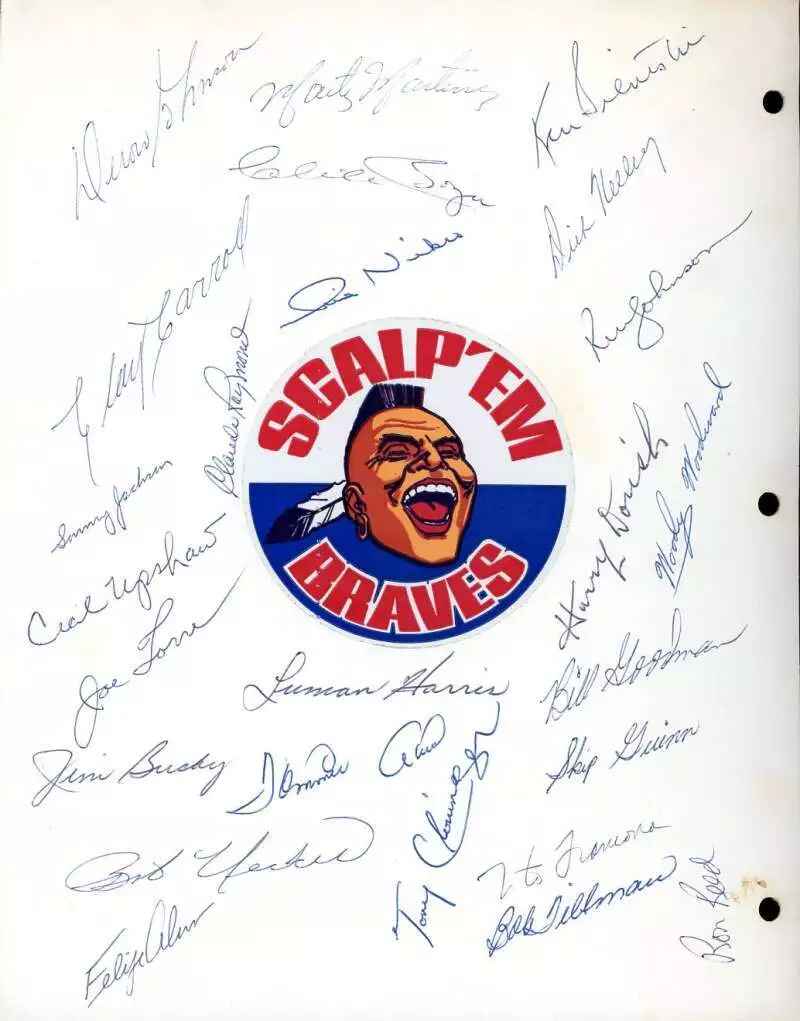
Bob Uecker spent six seasons in the bigs as a backup catcher for three teams
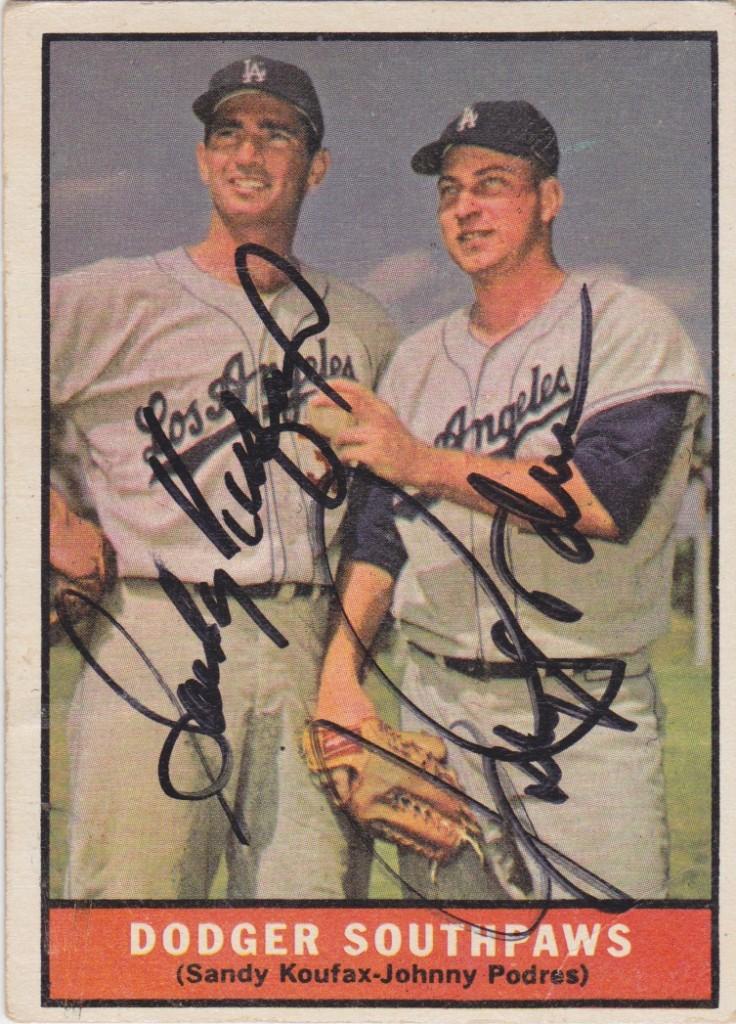
Sandy Koufax issued Uecker's only intentional walk in the same game he yielded a homer to Ueck
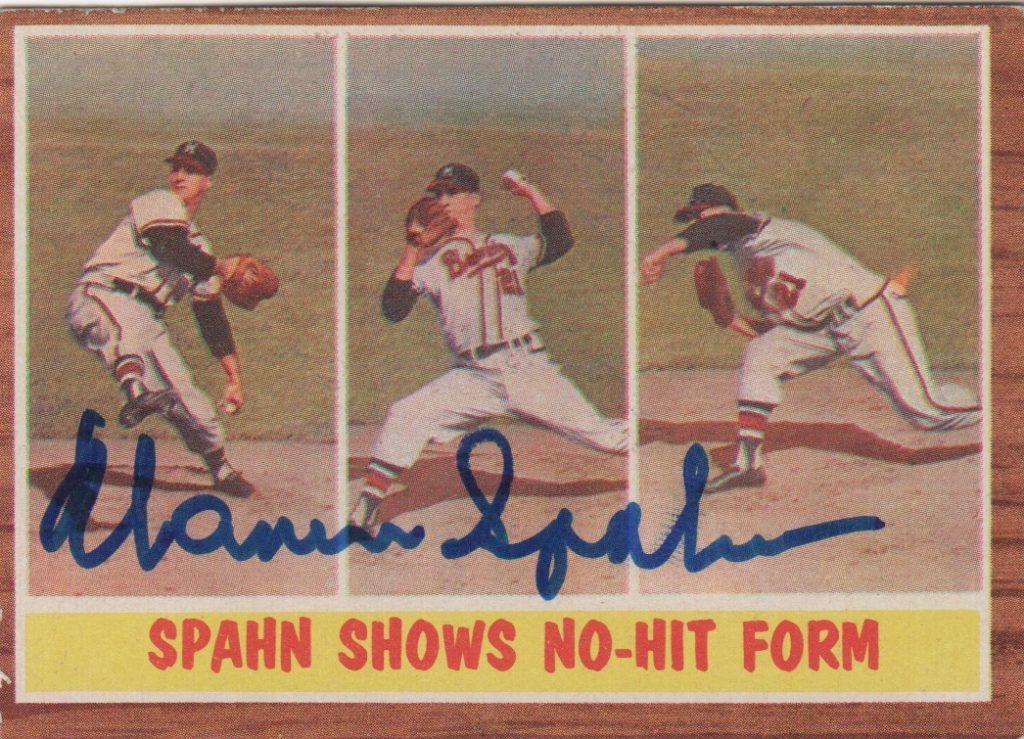
When Spahn broke Eddie Plank's record for wins by a lefty Bob Uecker was the catcher
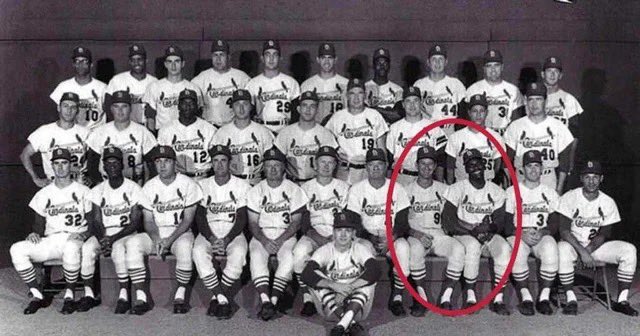
Uecker's hijinks proved irresistible, even to Bob Gibson one of the game's fiercest competitors
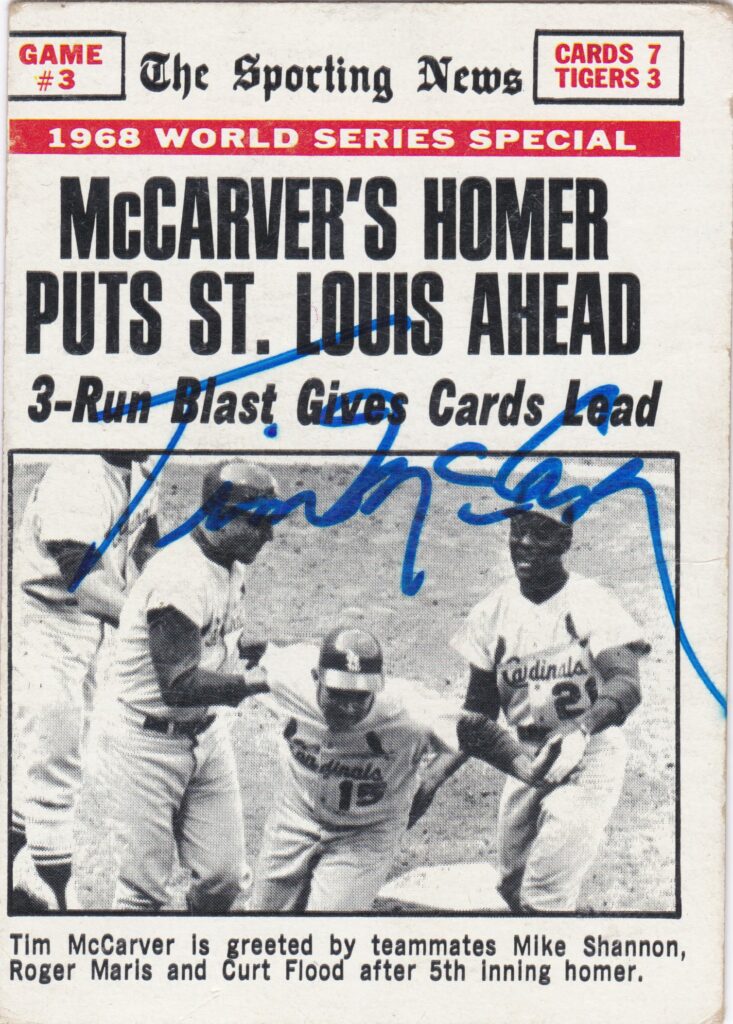
Tim McCarver forced Uecker to the bench in the '64 Series by hitting .478 & catching every inning
